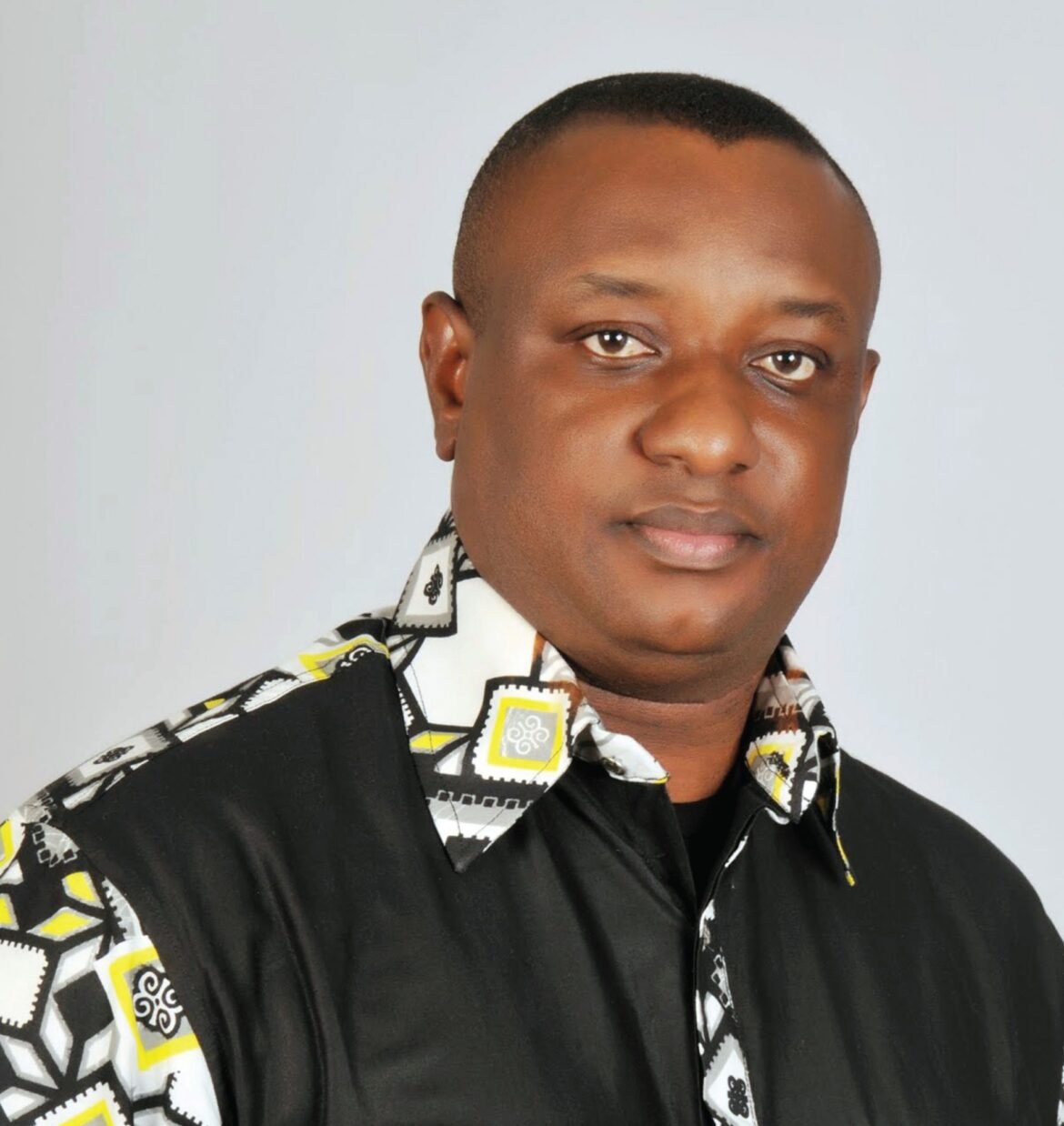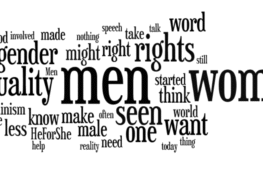Just days apart, Nigeria got two amazing views of class and privilege in the application of its laws.
Two aviation incidents, two very different protagonists, and two dramatically different outcomes leave the nation with a clear revelation that justice, equality and the rule of law have shades and colors reflective of their subject.
A popular artist stops an aircraft from departing, risks lives, and makes pilots defy regulations.
He gets slapped on the wrist with a six-month flight ban.
Days later, he becomes an airport envoy.
A female passenger refuses to turn off her phone and lands in Kirikiri, deprived of dignity and banned for life from flying.
Welcome to Nigeria, where social status not only opens doors but redefines the whole rulebook.
Act One: The Popular Musician Lost His Head
August 5, 2025, started like any other day at Nnamdi Azikiwe International Airport in Abuja.
Passengers hurried through terminals, flights prepared for departure, and the usual rhythm of aviation life hummed along.
Wasiu Ayinde – better known as KWAM1 or K1 De Ultimate – stepped onto the stage and the entire airport turned.
The popular musician, a self-proclaimed buddy of President Bola Tinubu, whose voice has seduced and whose rhythms have awakened millions, was scheduled to board a ValueJet flight.
Suddenly, the flight crew observed him taking a gulp of liquid in a personal flask.
Assuming he was consuming alcohol, they confronted the big man with one imperious demand: surrender the flask or deplane.
KWAM1 declined to surrender his drink, claiming the flask contained prescribed drugs.
When the crew would not back down and eventually ejected him from the plane, the artist didn’t just exit.
He stood right in front of the aircraft like Incredible Hulk, preventing the aircraft from taking off.
With ground staff in a frenzy, onlookers in awe, and a multi-million-naira aircraft stuck as one man felt the regulations didn’t apply to him, pilots made an unusual decision to taxi.
Breaking the biggest taboo in aviation, they took off amidst individuals standing dangerously close to the aircraft on the tarmac, making KWAM1 and ground handlers duck to avoid the plane’s wings as they took off.
The immediate repercussions appeared serious. The Nigeria Civil Aviation Authority (NCAA) suspended two of the pilots of ValueJet for violations of safety regulations.
KWAM1 was allowed to go. In the aftermath, in reaction to a public outcry, the NCAA banned Wasiu from flying for six months.
Criminal charges were promised. Justice, one assumed, would be done.
But this is Nigeria, where the story never ends where you expect it to.
Act Two: The Lady and the Phone
Five days later, on August 10, another drama unfolded in the skies between Uyo and Lagos.
Comfort Emmanson, a passenger with a low-profile status, was aboard an Ibom Air flight when cabin crew instructed her to switch off her mobile phone – a standard safety protocol during takeoff and landing.
What ensued was escalation that would land Emmanson in jail.
While in KWAM1’s case of life-threatening actions, a measured approach prevailed, Emmanson’s case progressed at lightning speed.
She was dragged, drawn and humiliated before being arrested on the spot.
The little Nigerian woman was then charged with five criminal charges of assault.
When she could not offer sufficient sureties, she was remanded at Kirikiri.
The contrast was stark and immediate.
While Wasiu Ayinde boasted that aviation authorities had apologized to him and offered him a private jet, Emmanson found herself behind bars.
While the musician’s dangerous actions were met with deference, the little Nigerian woman’s conduct attracted a lifetime flight ban and public humiliation when video footage of her removal – showing her undressed with torn clothing – was leaked and circulated on social media.
The speed of justice was breathtaking for the little woman, while the big man walked away from a crime scene proudly.
The message was unmistakable: ordinary Nigerians who get out of turn have to be punished quickly and harshly; but the well-to-do face no repercussions from their misdeeds.
The Twist
On Wednesday, August 13, 2025, a string of announcements left legal minds, aviation industry stalwarts, and the general public aghast.
Aviation Minister, Festus Keyamo, announced the definitive ruling of the government in both cases.
Comfort Emmanson walked out of Kirikiri prison, all charges against her withdrawn unequivocally.
The lifelong flight ban was withdrawn.
The woman, whose days were spent in jail, suddenly walked out, a free woman, her nightmare finally over.
And if Emmanson’s release came as a shock, KWAM1’s fate was simply extraordinary.
The man whose life had put other lives in danger and compelled pilots to break safety regulations was not only forgiven but awarded.
His flight ban had been commuted to one month. The criminal suits against him had been dropped.
And, in what can best be described as a defy-all-logic and all-precedent decision, Wasiu had been made an airport ambassador on “due airport security protocol.”
The man who broke airport security protocols ended up as an airport security protocol ambassador.
Inequality and Impunity
The administration’s defense of these choices is indicative of Nigeria’s politics of power.
Minister Keyamo referred to “compassionate grounds” and asserted the decisions were not “politically motivated.”
He stressed that all parties had “learned their lessons in a regrettable way.”
The reinstated ValueJet pilots, who had been suspended for having been pushed into an impossible situation through Wasiu’s irresponsible actions, would still be subjected to “mandatory professional re-appraisal” prior to having their licenses reinstated.
They, unlike the man responsible for causing their dilemma, would be called upon to demonstrate their fitness to resume work.
Legal luminary Femi Falana didn’t mince words in his response, describing the government’s handling of the Wasiu case as a dangerous precedent that would “encourage misconduct at airports.”
“Without allowing the police to conclude the investigation and possibly file charges against the suspect, the federal government has hastily accepted his apology and granted him pardon,” Falana reasoned.
Former lawmakers and aviation experts also expressed bewilderment at the decision to make someone who had violated safety protocols an ambassador for those same protocols.
We see in these cases a deeper disease beneath the surface in Nigeria and far beyond aviation.
We are faced with a two-tier justice system in which last name, bank account and social standing determine not only what you pay for, but how you get punished and whether you get punished at all.
This is not just about two individuals and airport shenanigans.
It is about a country that has institutionalized discrimination, inequality and impunity.
The cycle continues through all aspects of Nigerian life. In commerce, well-connected businesses break laws and small businesses enjoy vigorous enforcement.
In schools, rich families purchase exceptions to requirements and impoverished students must comply with all standards.
In hospitals, VIPs receive privileged treatment and common persons wait amidst cramped quarters.
I once tried to experience the rail traveling improvement from Ibadan to Lagos.
During my trip, a supposed big man ignored the ticket check queue and walked straight into the train with his entourage.
When I challenged the officials, not only did I find myself acting alone, the officials asked what was wrong with me!
Wrong with me?
When KWAM1 first claimed aviation officials had apologized to him and present him with a private plane, most of us dismissed him as a pompous celebrity spinning yarns.
His subsequent appointment as airport ambassador confirms he is above the law.
International aviation officials, who insist on high standards of security and safety, would be paying close attention to Nigeria.
As the country looks to broaden its aviation relations and sustain its reputation as an investment destination, it has just exposed itself as an unworthy member of the international community.
Cost of Selective Justice
There will be a price to pay.
The economic costs of the culture of selective justice go well beyond individual cases.
When investors observe that the rules do not apply equally to all classes of citizens, it spurs confusion in the overall business climate.
An impression of selective justice makes it harder to invite foreign investment and external cooperation essential for sustainable development.
We can proceed on the route of selective justice, in which legal outcomes depend upon social standing and negotiation, and where the wealthy and influential can buy exception from the laws applicable to the rest of us.
Or, we can opt to create a society in which laws hold good for everyone, regardless of wealth and status.
Nigerians want a developed society.
But the very foundational building block is the rule of law, justice and equality, which our government is busy messing with.
When historians write on that period in Nigerian history when justice was suspended and inequality was on public display, the Wasiu-Comfort scandal would be the perfect illustration on how the nation lost its moral bearing.
They would write on how a nation of immense potential continued to pull itself down through shameless indiscipline and a disregard for public decency.
Yet the history continues to be written.
The last chapter of this narrative – and of Nigeria’s quest for real development – has yet to be written. The issue is not if we can afford to persist in selective justice and elite impunity.
It is if we can afford to not change.
The Nigerian elite lack the credentials and willpower to develop the basic structures that would make all citizens flourish, no matter their social status.
It’s just been demonstrated to us by the Tinubu administration that Nigerian justice is extremely skilled at judging social status before it acts.
Until equality takes hold, we will be forever mired in the vicious cycle of underperformance that has characterized much of our post-colonial existence.








